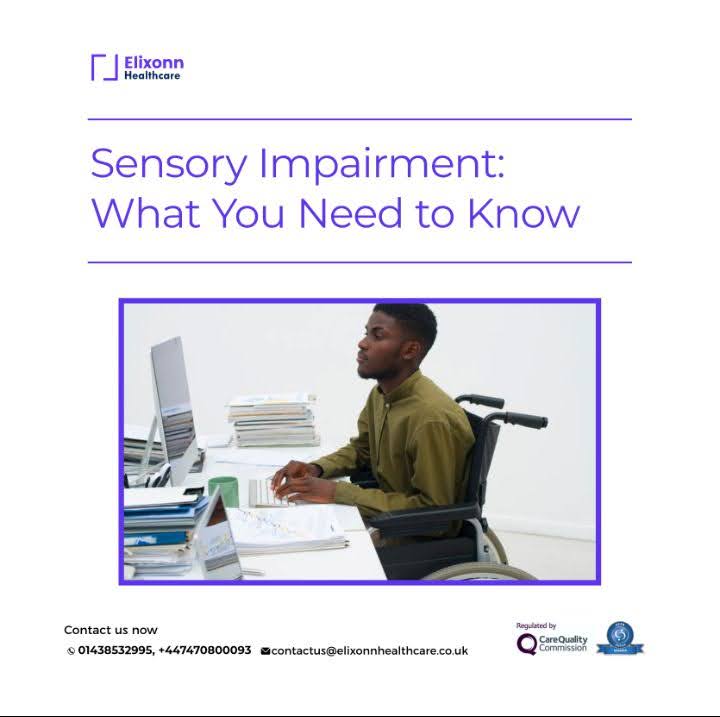Caring for a loved one can be a rewarding and fulfilling experience, but it can also be financially challenging. If you are providing care for a family member or friend in the UK, there are several ways that you can get paid for caregiving. In this article, we will explore the different options available to carers in the UK.
1. Check Eligibility for Carer’s Allowance
Carer’s Allowance is a benefit that provides financial support to people who spend at least 35 hours a week caring for someone who receives certain disability benefits. To be eligible for Carer’s Allowance, you must be 16 or over, spend at least 35 hours a week caring for someone, and earn less than £128 a week after taxes, National Insurance contributions and expenses. The person you are caring for must also receive one of the following benefits: Disability Living Allowance, Personal Independence Payment, Attendance Allowance, or Constant Attendance Allowance.
If you are eligible for Carer’s Allowance, you can receive £67.25 a week (as of 2022) and National Insurance credits that can help you qualify for other benefits. However, it’s important to note that if you receive Carer’s Allowance, it may affect other benefits that you or the person you are caring for are receiving.
2. Consider applying for other benefits
If you are not eligible for Carer’s Allowance, there are other benefits you may be able to claim. These include Universal Credit, Income Support, and Employment and Support Allowance.
Universal Credit is a benefit for people on low incomes or out of work. If you are a carer and are not earning enough to support yourself, you may be able to claim Universal Credit.
Income Support is a means-tested benefit that can help you if you have a low income and are not eligible for Jobseeker’s Allowance or Employment and Support Allowance.
Employment and Support Allowance is a benefit for people who have an illness or disability that affects their ability to work. If you are a carer and have an illness or disability yourself, you may be able to claim Employment and Support Allowance.
3. Explore options for direct payments
Direct payments are payments made by local councils to people who need care and support. If you are caring for someone who is eligible for direct payments, you may be able to receive payment for your services.
Direct payments can be used to pay for a wide range of services, including personal care, domestic help, and respite care. The person you are caring for will need to have an assessment of their care needs to determine if they are eligible for direct payments.
If the person you are caring for is eligible for direct payments, they can choose to receive the payments themselves or to have them paid to a third party, such as you as their carer. If they choose to pay you directly, they will need to sign a contract with you that sets out the terms of your agreement, including the services you will provide, the payment you will receive, and any other relevant details.
4. Consider Personal budgets
A personal budget is a sum of money that is allocated to a person to pay for their care and support. If the person you are caring for has been assessed as needing care and support, they may be eligible for a personal budget.
A personal budget can be used to pay for a range of services, including personal care, domestic help, and respite care. The person you are caring for can choose how to use their personal budget, and they can include payment for your services as their carer.
5. Negotiate payment with the person you are caring for
If you are caring for a family member or friend outside of any government programs, you can negotiate payment directly with them. This may involve discussing hourly rates, a weekly or monthly salary, or payment for specific tasks.
When negotiating payment, it’s important to consider the level of care required by the individual, as well as your own qualifications and experience as a caregiver. You may also want to research the going rates for caregiving services in your area to ensure that you are being paid fairly.
6. Seek Professional Advice
Caregiving can be a complex and emotionally charged role. Seeking the advice of a professional can help you navigate the legal and financial aspects of caregiving. An attorney or financial planner can help you understand your rights and responsibilities as a caregiver and help you plan for your future.
Conclusion
Getting paid for caregiving can be a great way to support yourself while providing a valuable service to your loved ones. By following these steps, you can identify the programs that are available to you, apply for benefits, negotiate payment, and navigate the tax implications of caregiving. With the right support and guidance, you can provide high-quality care while maintaining financial stability.




